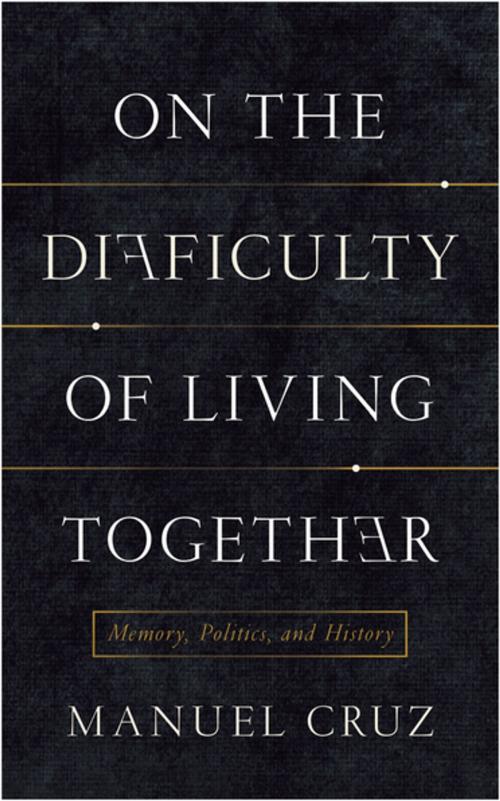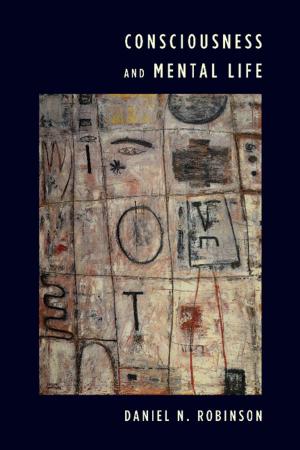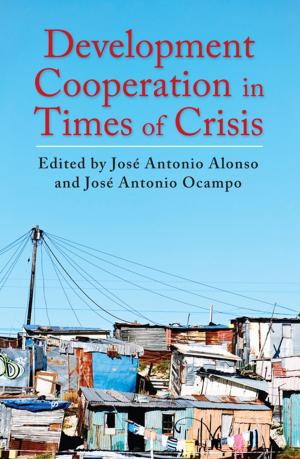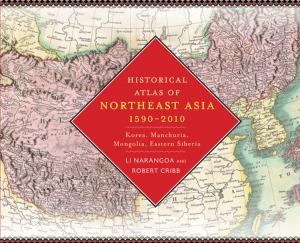On the Difficulty of Living Together
Memory, Politics, and History
Nonfiction, Religion & Spirituality, Philosophy, Political, Ethics & Moral Philosophy| Author: | Manuel Cruz | ISBN: | 9780231541398 |
| Publisher: | Columbia University Press | Publication: | April 26, 2016 |
| Imprint: | Columbia University Press | Language: | English |
| Author: | Manuel Cruz |
| ISBN: | 9780231541398 |
| Publisher: | Columbia University Press |
| Publication: | April 26, 2016 |
| Imprint: | Columbia University Press |
| Language: | English |
In On the Difficulty of Living Together, Manuel Cruz launches a nuanced study of memory and forgetting, defining their forms and uses, political meanings, and social and historical implications. Memory is not an intrinsically positive phenomenon, he argues, but an impressionable and malleable one, used to advance a variety of agendas.
Cruz focuses on five memory models: that which is inherently valuable, that which legitimizes the present, that which supports retributive justice, that which is essential to mourning, and that which elicits renunciation or revelation. His methodical approach makes sense of memory's positive and negative effects, its contradictions, and its tensions. Cruz shows us that remembering is not necessarily an end in itself, nor is it a supreme value, immune to external influence. The exercise of memory guarantees nothing, though many insist it is a progressive act preventing the repetition of past mistakes. Tying the making of memory to the movements of history, Cruz prioritizes memory's political dimensions over its philosophical aspects and helps us remember its myriad uses.
In On the Difficulty of Living Together, Manuel Cruz launches a nuanced study of memory and forgetting, defining their forms and uses, political meanings, and social and historical implications. Memory is not an intrinsically positive phenomenon, he argues, but an impressionable and malleable one, used to advance a variety of agendas.
Cruz focuses on five memory models: that which is inherently valuable, that which legitimizes the present, that which supports retributive justice, that which is essential to mourning, and that which elicits renunciation or revelation. His methodical approach makes sense of memory's positive and negative effects, its contradictions, and its tensions. Cruz shows us that remembering is not necessarily an end in itself, nor is it a supreme value, immune to external influence. The exercise of memory guarantees nothing, though many insist it is a progressive act preventing the repetition of past mistakes. Tying the making of memory to the movements of history, Cruz prioritizes memory's political dimensions over its philosophical aspects and helps us remember its myriad uses.















